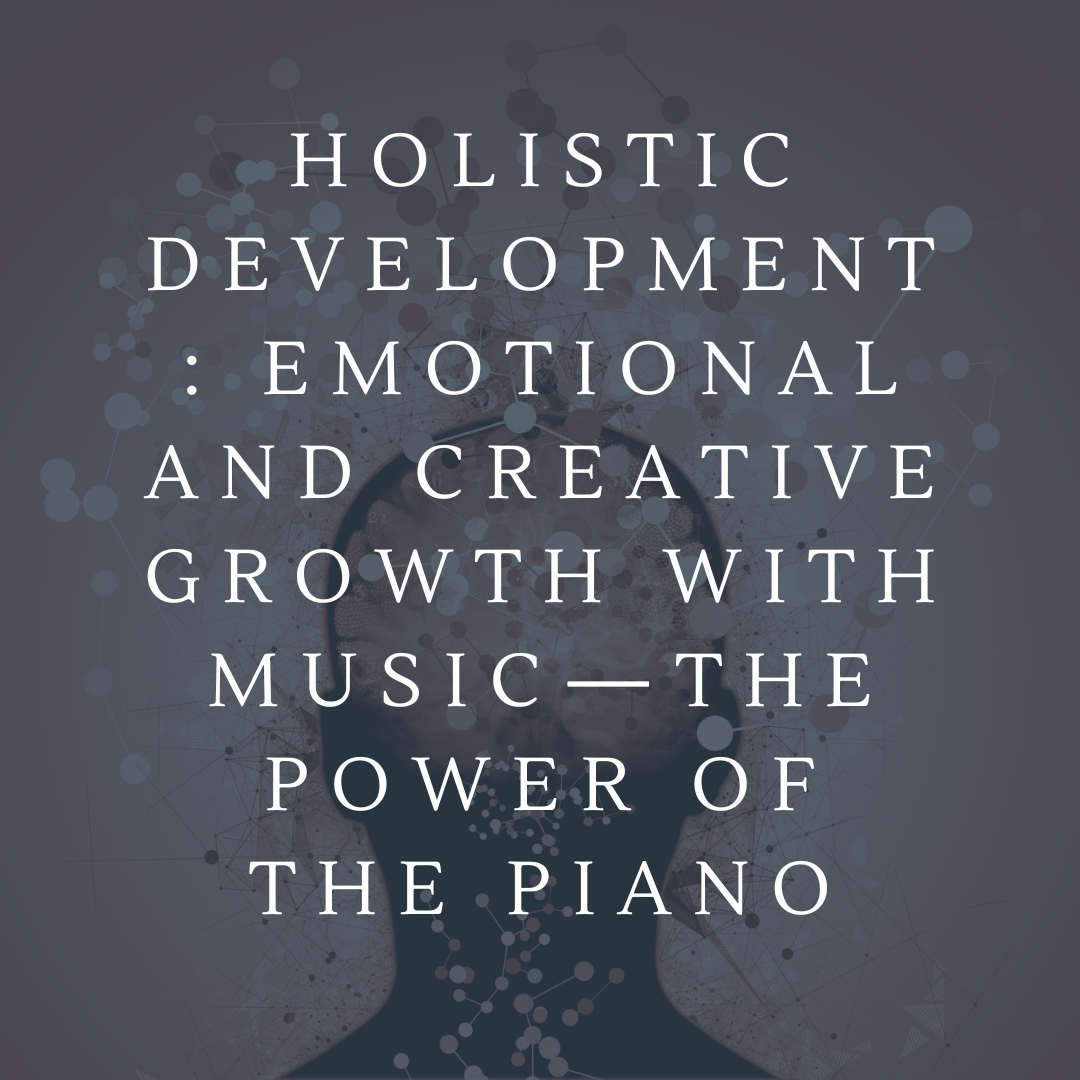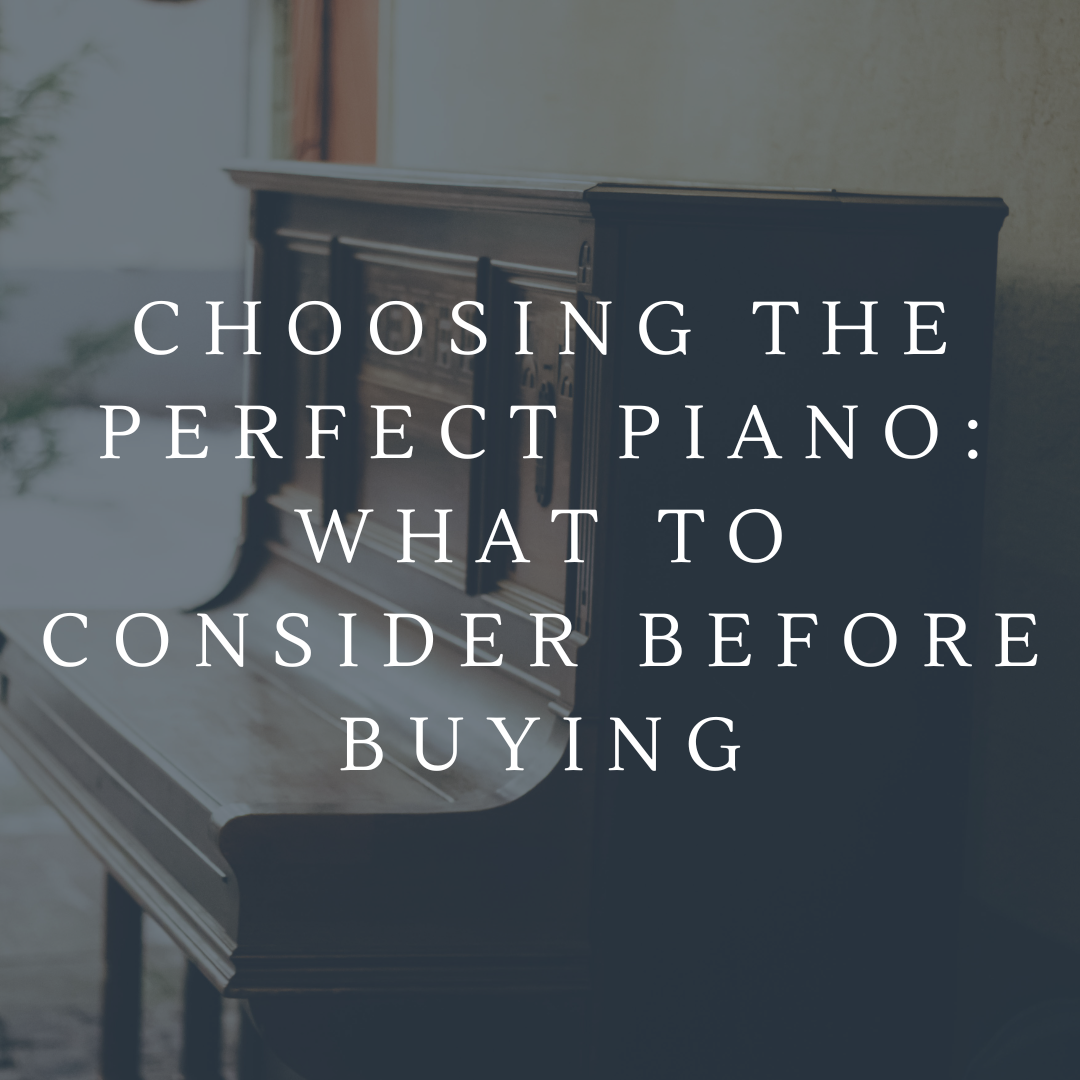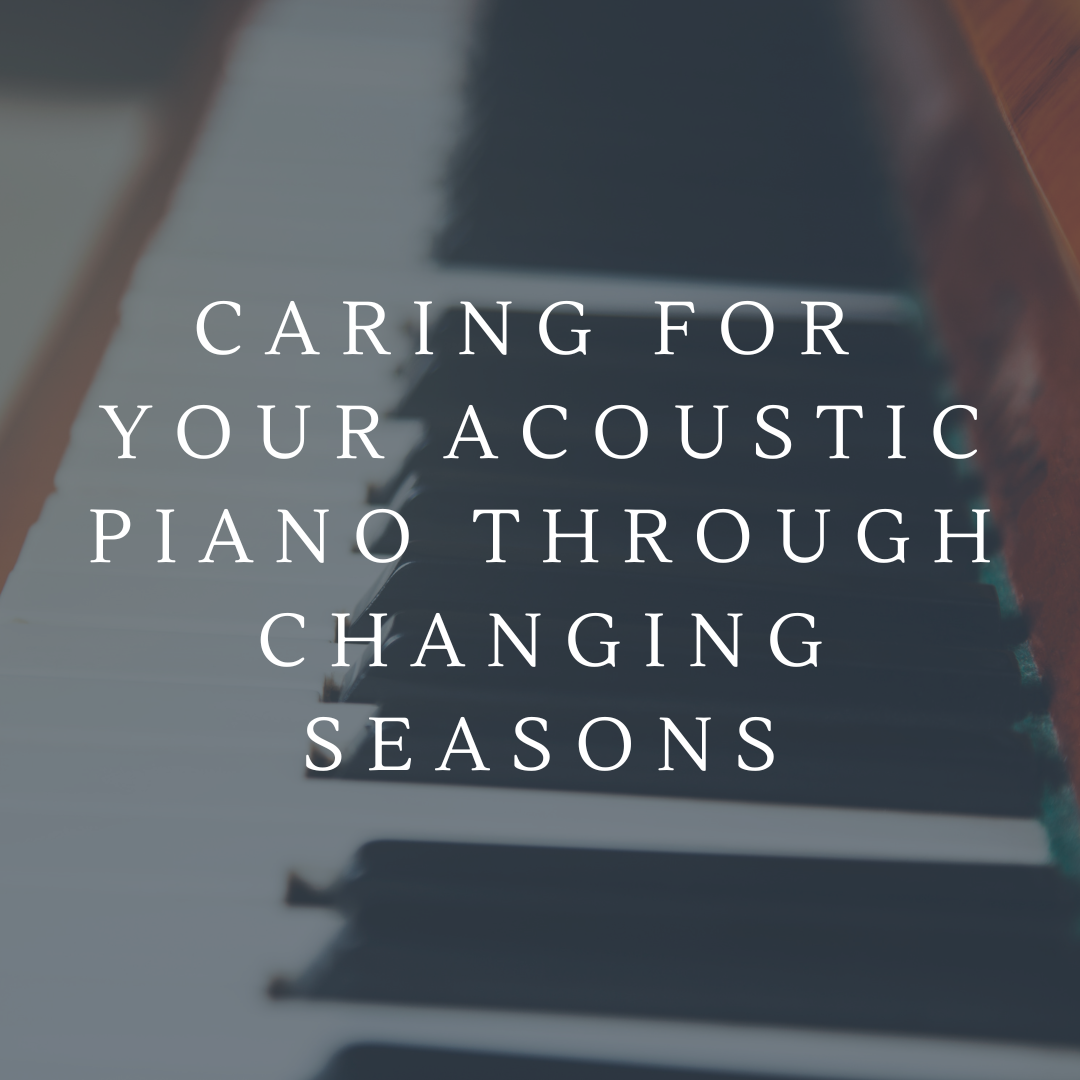
When you invest in owning an acoustic piano, properly taking care of your instrument is key. A well-maintained piano will last longer, sound better, and look more attractive. Here are some tips on how to take care of your piano.
Piano tuning is essential for maintaining the quality and accuracy of the sound. Piano manufacturers recommend four initial tunings during the first year in service, and two times per year thereafter. A professional piano tuner should perform the tuning using specialized tools and skills.
Piano parts are mostly made of wood, metal, and ivory, which are sensitive to changes in temperature and humidity. Extreme heat or cold can cause the wood to expand or contract, affecting the soundboard, bridges, keys, and case. High or low humidity can cause the metal to rust or corrode, affecting the strings, tuning pins, and action. These changes can damage the structure and function of the piano.
To prevent these problems, you should place your piano against an inner wall, away from sunlight, moisture, and air currents. You should also try to maintain a consistent temperature and humidity level inside the room where your piano is placed. You can use a thermometer, a hygrometer, or a humidity control system to monitor and regulate the conditions.
Piano cleaning is the process of removing dust, dirt, stains, fingerprints, and other contaminants from the surface and interior of the piano. Piano cleaning is important for preserving the appearance and hygiene of the piano. Dust can be abrasive and scratch the finish or clog the action. Dirt or stains can discolor or damage the keys or case.
To clean your piano properly, you should:
Piano regulation is the process of adjusting the action parts to ensure the optimal performance and responsiveness of the piano. Piano regulation is necessary for maintaining the touch and feel of the piano. Over time, the action parts can wear out, loosen, or break, affecting the speed, power, and accuracy of the keys.
To regulate your piano properly, you should:
Owning a piano can be a rewarding and fulfilling experience. Pianos can improve your mental and physical health, enrich your social and cultural life, and express your personality and creativity. However, owning a piano also requires proper care and maintenance. You should keep your piano tuned, clean, regulated, and protected from harmful environmental factors. By following these tips, you can enjoy your piano for many years to come.
Chat with our experienced piano sales team about properly caring for your new piano!
Comments will be approved before showing up.

Music has long been recognized as a powerful tool for emotional and creative growth. Among all musical instruments, the piano stands out as a gateway to self-expression, cognitive development, and emotional well-being. Whether you're a beginner learning your first melody or a seasoned pianist composing intricate harmonies, playing the piano fosters holistic development in ways that go beyond the keys.

Buying a piano is an exciting and significant investment, whether you’re a seasoned pianist or just starting your musical journey. With so many options available, it’s important to choose one that fits your needs, budget, and space. Here’s a comprehensive guide to help you navigate the process.

Your piano isn’t a piece of furniture; it’s an heirloom, a creative outlet, and an investment. Protecting it from the effects of the changing seasons ensures it remains a source of joy and music for years to come.